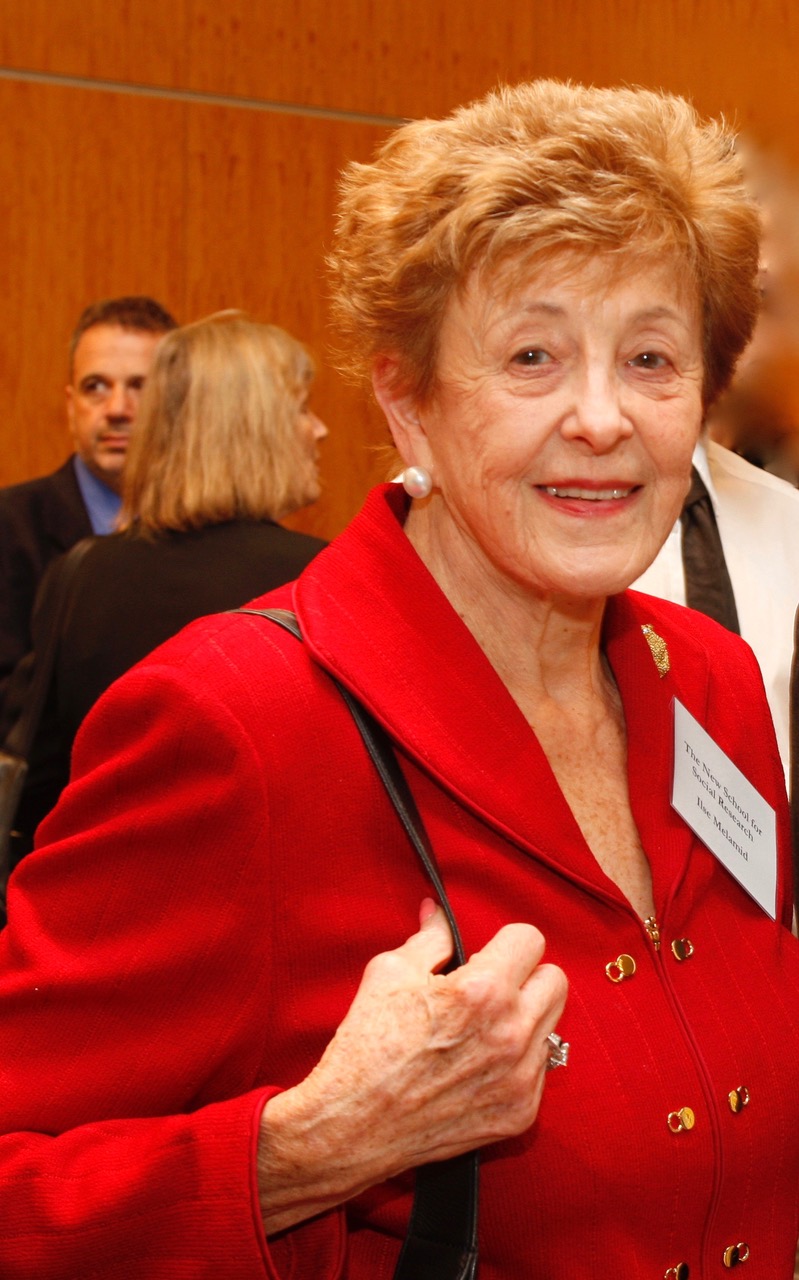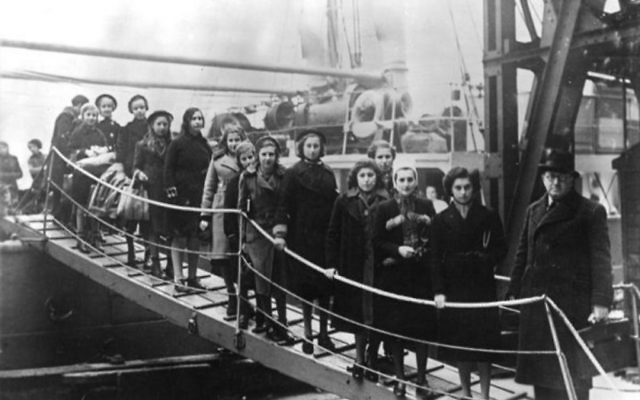New York art school and Kindertransport group to mark 80th anniversary of rescue
For three days, between April 10 and 12, there will be performances, screenings and panel discussions at the New School of performing arts
Jenni Frazer is a freelance journalist
New York’s performing arts college, the New School, is joining forces with the Kindertransport Association in America to commemorate the 80th anniversary of the wartime rescue movement which brought 10,000 Jewish children to Britain.
For three days, between April 10 and 12, there will be performances, screenings and panel discussions. The highlight of the event will be the American premiere of Carl Davis’s Last Train To Tomorrow, a dramatic work for orchestra, actors and a children’s choir, based on the story of the Kindertransport. Musician and composer Carl Davis, 82, is American-born, but has made his home in London since 1961. It will be the fifth performance of his work which he has conducted and he says it is an emotional journey each time.
At the forefront of the commemoration will be Ilse Melamed, nee Hoenigsberg, who is a member of the New School’s board of governors and herself a Kindertransport survivor.
She was born in Vienna in 1928. Her father ran an interior decorating business while her mother looked after Ilse and her younger sister. After Kristallnacht in November 1938 her father was interned in Dachau, and when he was released after a year, fled Austria for Italy.
Ilse remembers: “I was excited about the journey [out of Vienna] and did not foresee it was a forever goodbye. I do recall staying overnight with a Dutch family, before sailing from the Hook of Holland for London”.

But when the Kinder arrived in Liverpool Street Station, Ilse was collected by a childless non-Jewish couple who took her to their home in Prescot, in Lancashire, where she was deeply unhappy until she left, aged 14. “By the time I was 18 I lived alone in London, worked as a secretary, taught stenography but had very little secondary education”.
Ilse lived in Britain from August 17, 1939 to July 1951. She says: “At first there were letters, and then communications were by Red Cross. I was a poor letter writer. Letters stopped by 1942, I think. By 1942 my mother and sister were no longer in Vienna according to the Red Cross report after the war. They were sent to Theresienstadt and later to Auschwitz”.
Ilse’s father was interned in Italy, survived the war and in 1950, having searched unsuccessfully for his wife and younger daughter, moved to Australia where he had family. Ilse decided to join him but, tragically, he died before she arrived.
Will Milberg, dean of the New School for Social Research, which is taking part in the programme, said: “The Kindertransport rescue movement provided sanctuary for children facing persecution. Sanctuary is also at the heart of what we do. Our University in Exile brought nearly 200 persecuted scholars from Nazi Europe to the US, and today’s New University in Exile Consortium is helping endangered scholars from around the world to build a productive intellectual community in American universities. I am thrilled to be collaborating with the College of Performing Arts and the Kindertransport Association on this multidisciplinary, multimedia, and multifaceted event, which will help us examine an important historical moment as well as the latest research on migration and family attachment and separation.”

Thank you for helping to make Jewish News the leading source of news and opinion for the UK Jewish community. Today we're asking for your invaluable help to continue putting our community first in everything we do.
For as little as £5 a month you can help sustain the vital work we do in celebrating and standing up for Jewish life in Britain.
Jewish News holds our community together and keeps us connected. Like a synagogue, it’s where people turn to feel part of something bigger. It also proudly shows the rest of Britain the vibrancy and rich culture of modern Jewish life.
You can make a quick and easy one-off or monthly contribution of £5, £10, £20 or any other sum you’re comfortable with.
100% of your donation will help us continue celebrating our community, in all its dynamic diversity...
Engaging
Being a community platform means so much more than producing a newspaper and website. One of our proudest roles is media partnering with our invaluable charities to amplify the outstanding work they do to help us all.
Celebrating
There’s no shortage of oys in the world but Jewish News takes every opportunity to celebrate the joys too, through projects like Night of Heroes, 40 Under 40 and other compelling countdowns that make the community kvell with pride.
Pioneering
In the first collaboration between media outlets from different faiths, Jewish News worked with British Muslim TV and Church Times to produce a list of young activists leading the way on interfaith understanding.
Campaigning
Royal Mail issued a stamp honouring Holocaust hero Sir Nicholas Winton after a Jewish News campaign attracted more than 100,000 backers. Jewish Newsalso produces special editions of the paper highlighting pressing issues including mental health and Holocaust remembrance.
Easy access
In an age when news is readily accessible, Jewish News provides high-quality content free online and offline, removing any financial barriers to connecting people.
Voice of our community to wider society
The Jewish News team regularly appears on TV, radio and on the pages of the national press to comment on stories about the Jewish community. Easy access to the paper on the streets of London also means Jewish News provides an invaluable window into the community for the country at large.
We hope you agree all this is worth preserving.






















